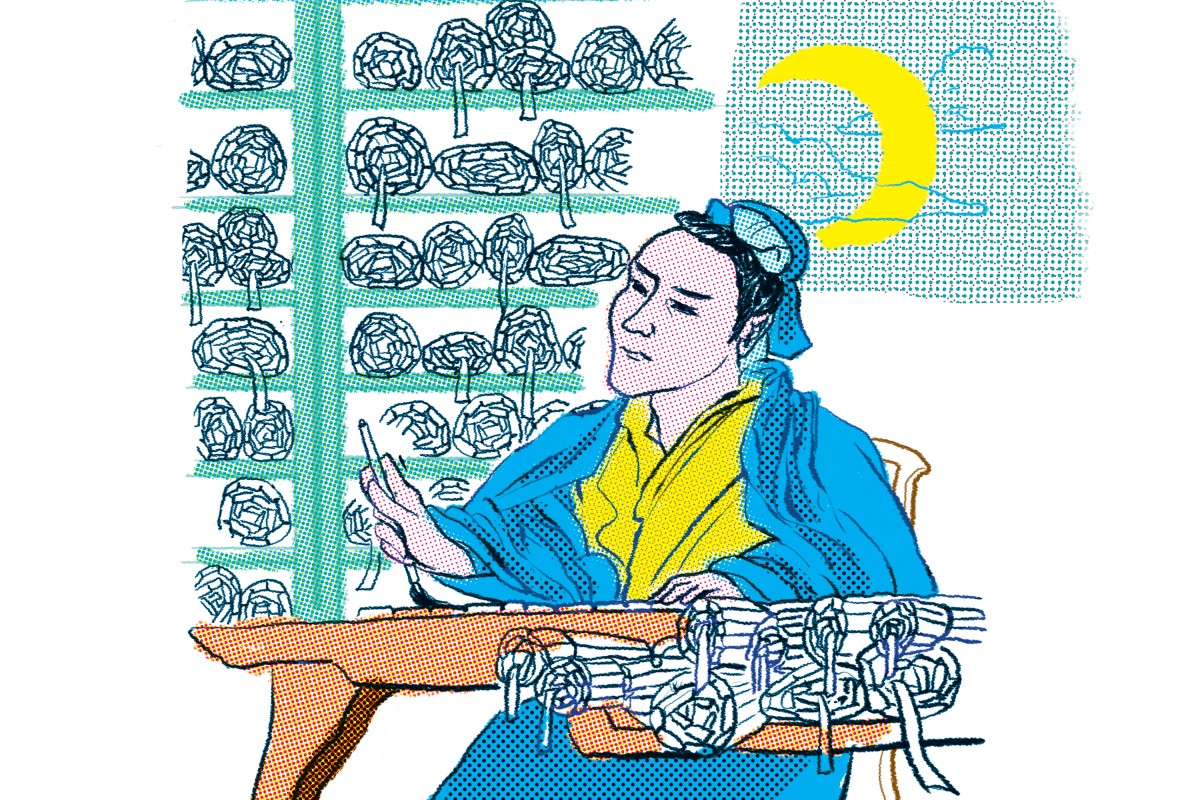
Sima Qian, Chinese historian who honoured his father's dying wish
How do we know so much about China's ancient past? Because one great man, Sima Qian (145-87BCE), put future generations before his own honour to compile a history book spanning 2,500 years

Sima Qian was born around 145BCE during the Han dynasty. He was the son of the "grand historian" to the imperial Court. This job included responsibility for astronomical observations, the Court calendar, and keeping daily records of state events and ceremonies.
Sima's training started early; by the age of 10 he was already fluent in history, and by 20 he was touring China, visiting the graves and monuments of ancient kings. On his return, he became a palace attendant for Emperor Han Wudi, then in 108BCE, succeeded to his father's position.
After reforming the Chinese calendar, in addition to his official duties, Sima took up his father's dying wish that he continue writing the comprehensive history of China which his father had already begun. Several historical texts already existed, such as the Spring and Autumn Annals said to be written by Confucius. But Sima wanted to create a systematic history from China's earliest beginnings right up to his own time.
His Shiji had five sections, starting with a chronological outline of the important events of each dynasty, then showing what was happening in the independent feudal kingdoms (the Warring States) at any given time.
There were also eight written works on subjects ranging from music and ceremonies to religions, economics and the waterways; another section on China's noble families; and a final section containing biographies of individuals with different types of behaviour.
The Shiji was by far the most ambitious history book written at the time, comprising more than 130 chapters and stretching back 2,500 years to the Yellow Emperor. Unlike official histories, which were limited to Court events and politics, it included descriptions of businessmen, bandits, merchants, actors, and court officials.
Sima wasn't afraid to make harsh judgments. This is what he said about the young Qin Shi Huangdi, the first emperor of a unified China who ruled from 246 BCE to 210 BCE: "With his puffed-out chest like a hawk and voice of a jackal, Qin is a man of scant mercy who has the heart of a wolf ... he thinks nothing of eating others alive." Details like this made his work highly readable, and in years to come, it had a powerful influence on early fiction writers. The Shiji eventually became a masterpiece, against which all later histories in China and East Asia would be measured.
But Sima's place in history came at a terrible cost. In 99BCE, the gallant General Li Ling surrendered to the Xiongnu invaders in the north, and Sima alone spoke out in his defence. The emperor charged Sima with defamation and sentenced him to some fairly harsh punishment. But Sima was not deterred. He considered that his promise to his father was more important, writing: "If it [the Shiji] may be handed down to men who will appreciate it and penetrate to the villages and great cities, then though I should suffer a thousand mutilations, what regret would I have?"
He was castrated and sentenced to three years in prison. Although Wudi later appointed him palace secretary, Sima was always deeply aware of the shame he had suffered, and quietly devoted himself to his masterpiece until his death in 87BCE.
Sarah Brennan is the author of the best-selling Chinese Calendar Tales and Dirty Story series. Check out www.sarah-brennan.com
Fascinating facts:
- Sima Qian's calendar was considered revolutionary, setting 365.25 days to a year, and 29.53 days to a month
- The planet 12620 is named Simaqian in his honour
- Sima thought the purpose of history was to teach rulers how to govern well. Wouldn't it be wonderful if all of our world leaders today thought the same thing?
- Sima is often referred to as China's Herotodus - a famous Greek historian. But while few of the latter's works survive, almost all the Shiji remains intact, surviving 26 dynasties and two millennia into the 20th century.